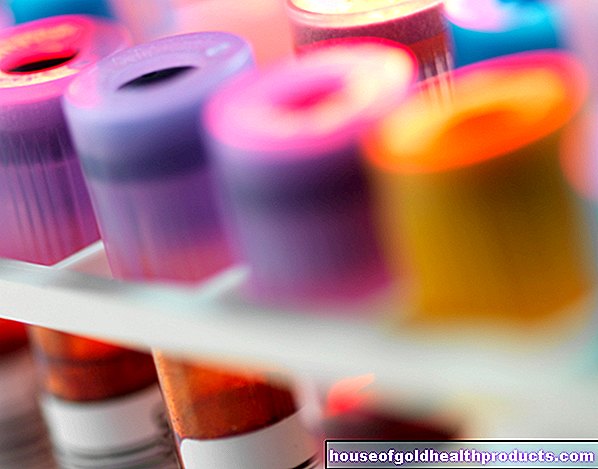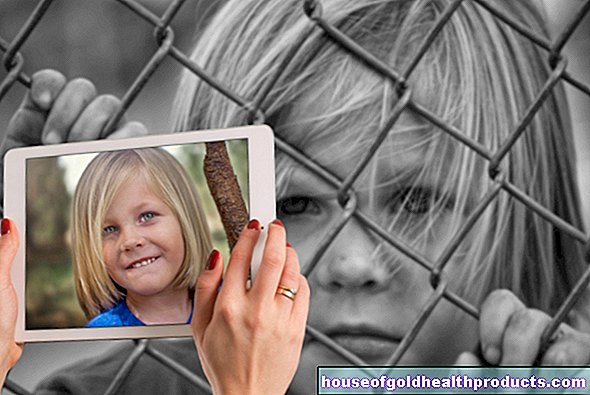Teenage Fainting: Recognizing the Signs
Christine Albert studied German linguistics and literature as well as Scandinavian studies at the Albert Ludwigs University in Freiburg. She is currently doing a traineeship at Hubert Burda Media and is writing, among other things, for
More about the experts All content is checked by medical journalists.Stress, fear or just getting up too quickly: it is not uncommon for teenagers to pass out for a short time. Often there are signs beforehand.
What are signs of fainting?
A fainting spell in adolescents is often heralded by certain signs. This includes:
- Blackening or flickering in front of the eyes
- Sweats
- Feeling cold
This is announced by the professional association of paediatricians (BVKJ). "If teenagers notice signs of fainting, they should sit down or lie down," says Herman Josef Kahl from the BVKJ.
Preventing fainting
As a preventive measure, it could help to do endurance sports, use alternating showers, have a good breakfast and, above all, drink enough in the morning, advises the pediatrician. "Getting enough sleep also has a positive effect."
Usually harmless
If children or adolescents are only briefly unconscious and quickly regain their fitness, it is usually a harmless fainting. "Since in rare cases a heart defect or a cardiac arrhythmia or a cerebral disease could be the cause, fainting should always be clarified," says Kahl, who is also a pediatric cardiologist.
It is not uncommon for young people to faint: more than every third adolescent (39 percent) has passed out by the age of 21, according to the BVKJ - usually several times.
This is how first aid works
Those who are about to faint usually no longer have time to help themselves. It is all the more important that people around you react correctly. So whenever you see someone pass out, here's what you should do:
- Lay the passed out on his back and elevate his legs. In many cases he will quickly regain consciousness because the blood supply to the brain is better when lying down.
- If you suspect that a heart attack could be the cause of fainting, straighten the person's upper body a little while lying down.
- After awakening, you should calm down the mostly confused and insecure patient.
- If the person concerned does not come to immediately, call the emergency doctor.
- Check that the patient is still breathing.
- If this is the case, place him on his side in a stable position.
- If you cannot find breathing, you must start resuscitation immediately.
You can find more information in our topic special "First Aid". (approx / dpa)
Tags: medicinal herbal home remedies Diseases smoking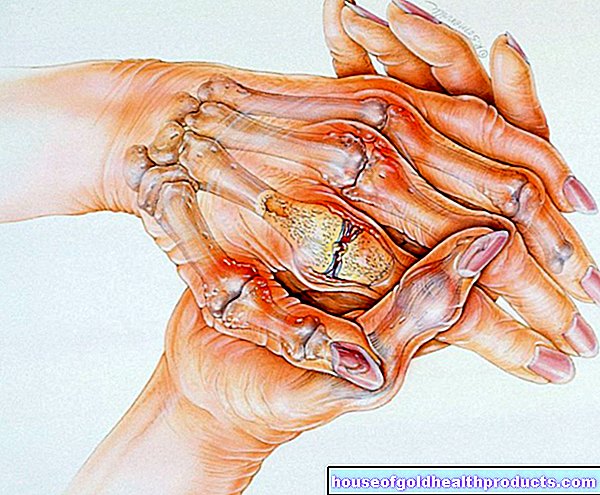
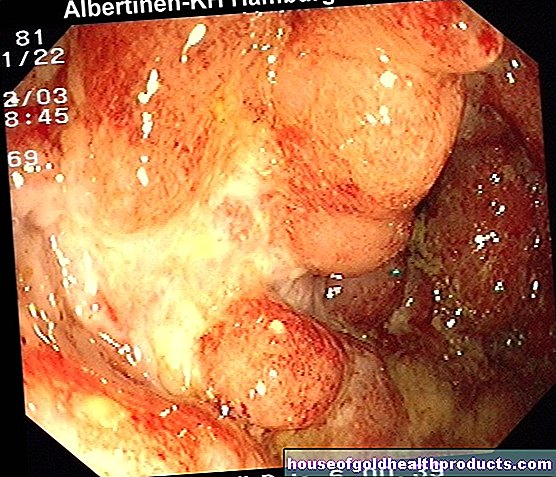
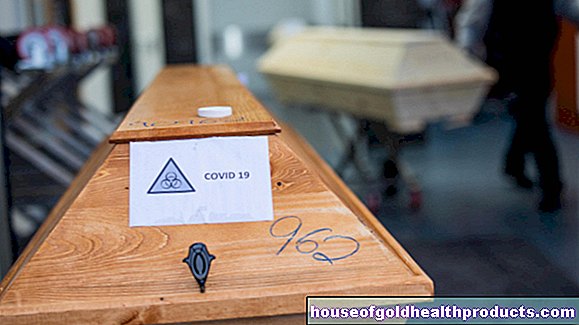


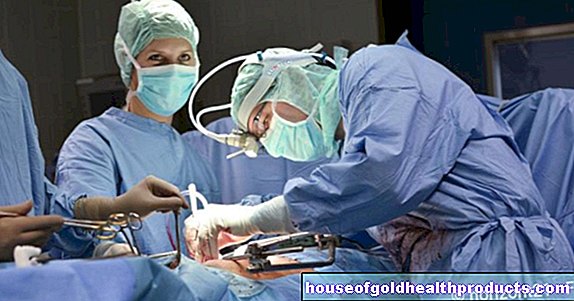
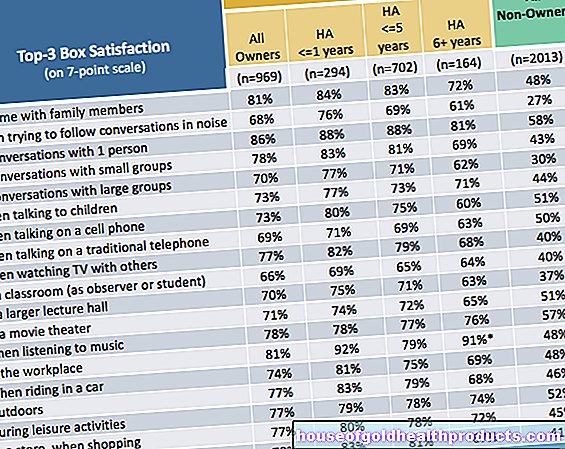
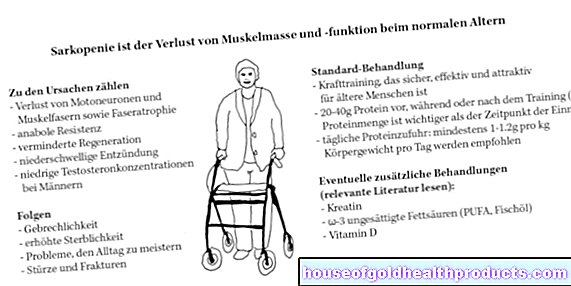


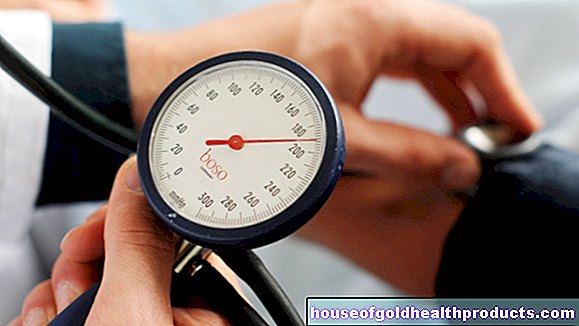




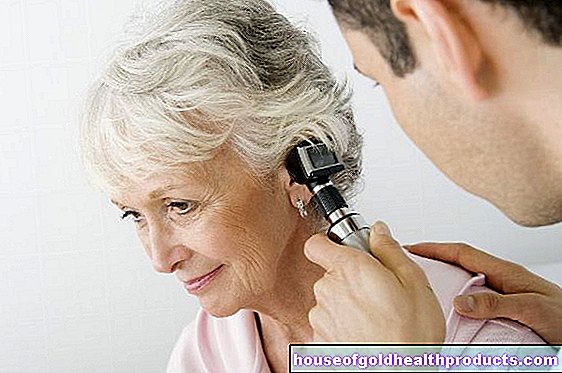
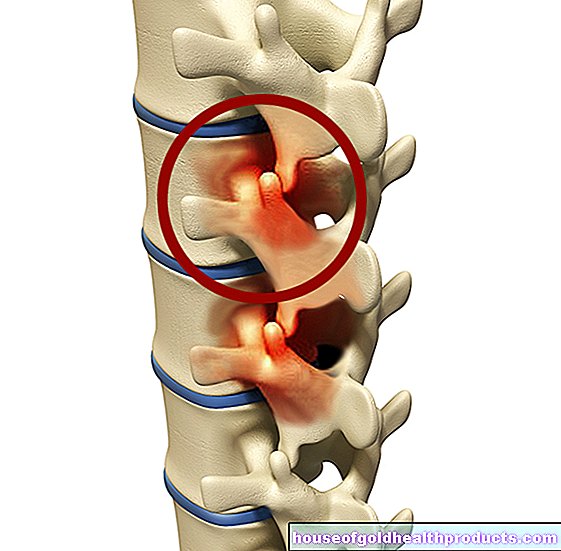
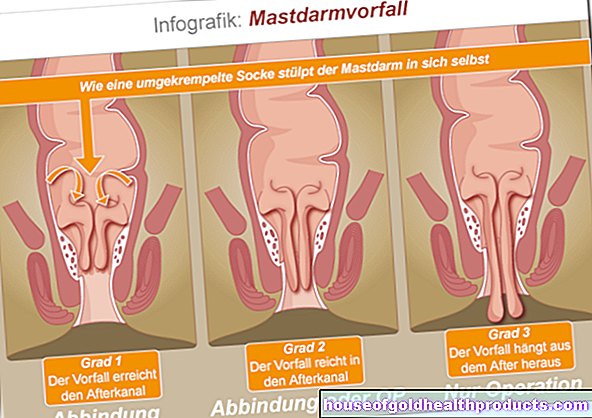


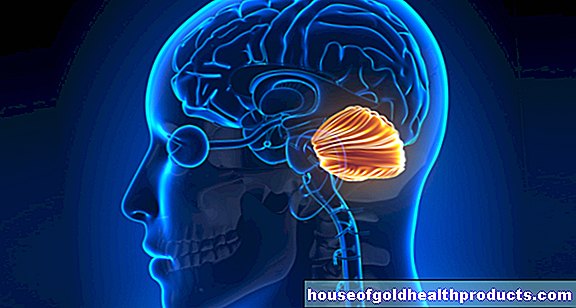

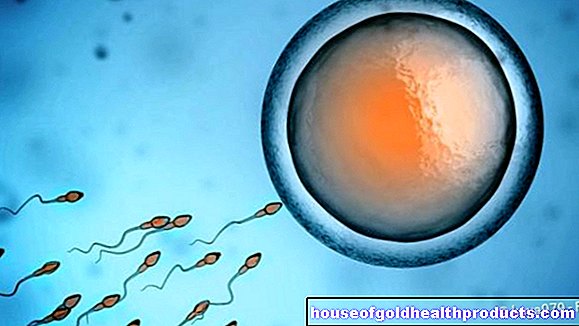
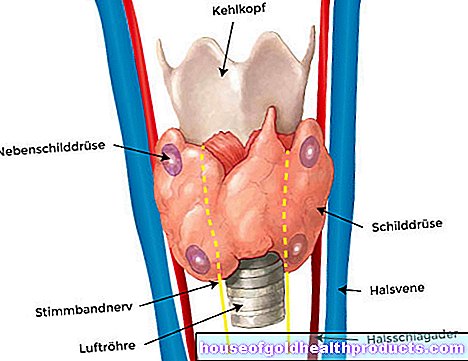
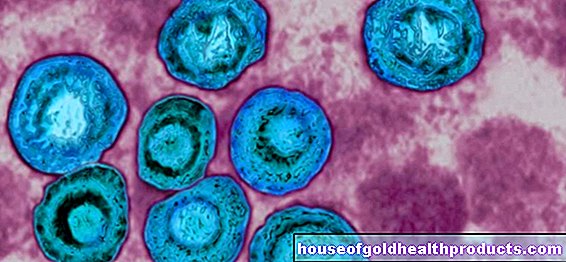


.jpg)
